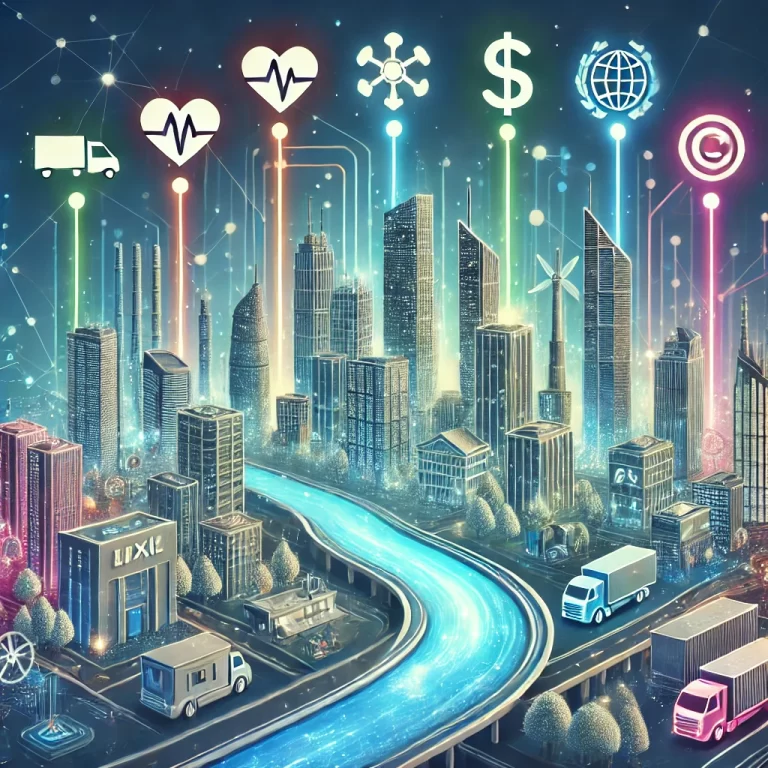Artificial Intelligence (AI) is a fascinating field that has been rapidly evolving in recent years. In this blog, we’ll break down the basics of AI, making it accessible for beginners.
Understanding AI: At its core, AI refers to the development of computer systems that can perform tasks that typically require human intelligence. These tasks include learning, reasoning, problem-solving, perception, and language understanding.
Types of AI: There are two main types of AI: Narrow AI (or Weak AI) and General AI (or Strong AI). Narrow AI is designed to perform a specific task, such as voice recognition or image classification. General AI, on the other hand, has the ability to understand, learn, and apply knowledge across a wide range of tasks – much like a human.
Machine Learning: A subset of AI, machine learning involves training a computer system to learn from data and improve its performance over time. This approach is particularly powerful for tasks like predicting outcomes, recognizing patterns, and making decisions.
Deep Learning: Deep learning is a subfield of machine learning that involves neural networks with many layers (deep neural networks). These networks can automatically learn hierarchical representations of data, making them highly effective for tasks like image and speech recognition.
Applications of AI: AI has found its way into numerous aspects of our daily lives. From virtual assistants like Siri and Alexa to recommendation systems on streaming platforms, AI is enhancing user experiences across various domains. Industries such as healthcare, finance, and manufacturing are also leveraging AI for improved efficiency and decision-making.
Challenges and Ethical Considerations: As AI continues to advance, it brings forth challenges and ethical considerations. Issues such as bias in algorithms, job displacement, and privacy concerns need to be carefully addressed to ensure responsible AI development.
In conclusion, AI is an exciting and transformative technology with the potential to revolutionize various fields. Embracing its capabilities while addressing ethical considerations will be crucial for a sustainable and beneficial integration of AI into our society.



